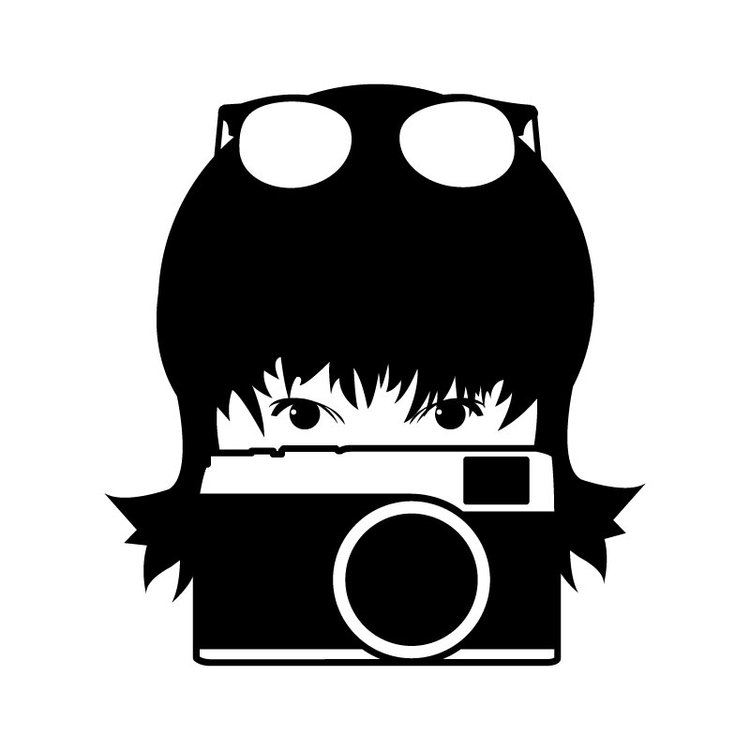Q: "How do you organize a photo walk? Number of people, where to walk, time frame, etc? Do you have some pointers for me? We have so many places to visit here in Cape Town and I would love to get a few people together." Joseen J. from Cape Town, South Africa.
A: "Starting your own photo walk group is easier than most people think. I manage mine through a FB group and it's free to join. I post the time and place as an event, each member gets automatically notified and can respond accordingly. You can also use meet-up.com or other social media platforms. You can start your group with two or three photographer friends, word of mouth will do the rest! If you choose to use a FB group, members will ask to join and you check them in. Watch for spammers!
Since there is no membership fee and I organize the walks during my free time, I pick times and locations that work for me and I don't stress about it. It's impossible to pick times and places that will please and accommodate everyone. There are close to 100 local members in my group but, fortunately, only 5 to 10 photographers usually come to any given walk. After each event, members usually share their favorite images on the group page.
I live in a large city, so it's easy to pick different locations every time. Some days we do street photography and urban explorations, other times we meet at farmers' market. I have also used some connections to gain access to historical buildings that were closed to the public. Some times I pick a special event, other times I schedule an early shoot to catch the blue and golden hour. During the long winter months, we enjoy getting together at the local plant conservatory to shoot some color. Photographers are easy to please! If I can't think of a location for the next walk, then I make a call for suggestions from members. I travel a lot so I appointed another administrator who schedules one or two walks while I'm out of the country.
Since I organize those walks during my free time, but I also run photo workshops as part as my business, everyone is very respectful of that and no one expects me to teach during a group photo walk. It's an opportunity for photographers of all levels to get together, share a passion and have a good time. I also made sure to stress the fact that everyone is welcome, whether they are carrying the latest gear or shooting with their camera phone. It's about passion and vision, not about gear.
I usually do not post an ending time. People can stay as long as they want or join the group for an hour if that's all their schedule allows. It's very informal and relaxed. Most photo walks end at a café or a pub. It's a fun way to meet like-minded people in your area and make new friends.
I hope this helps. Good luck and have fun!
~
Please leave a comment below, I would love to hear about your experience. If you receive this via email, click on the title to be redirected to the actual blog post and have access to the comment section.
If you have a question about photography in general, about the business side of things or anything else that is photography related, please use the contact form to send it. Thanks and I look forward to hearing from you!
